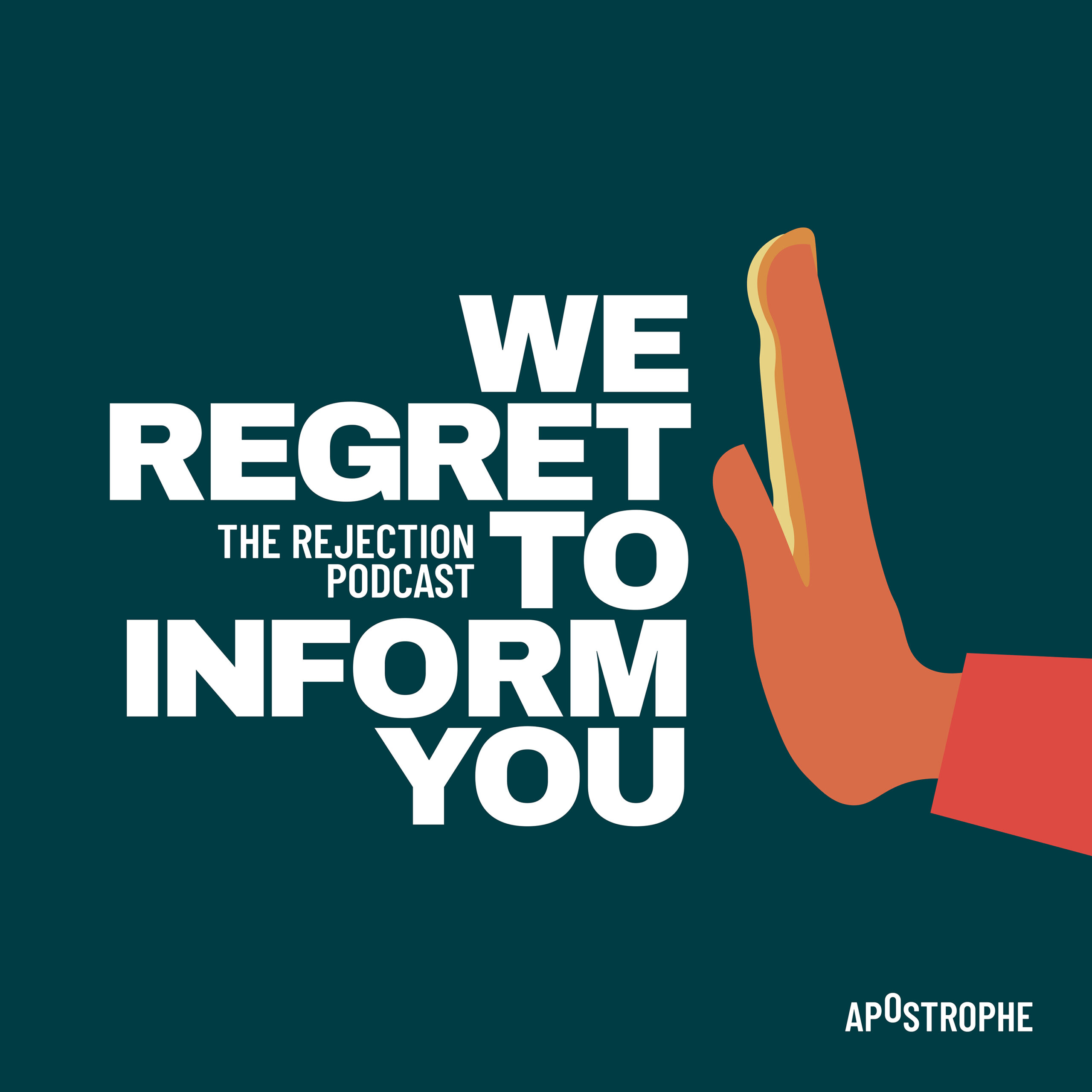
Did you know in the late 1800s, doctors didn’t wash their hands between procedures? When Dr. Ignaz Semmelweis – an obstetrician in Vienna – realized women in his hospital were dying at staggering rates, he implemented staff-wide mandatory hand washing. Maternal death rates dropped by 90%, but doctors weren’t happy. Semmelweis was called “crazy,” told his idea was superstitious, not scientific.
75 years later, Dr. Robert Goddard – an American professor of physics – published a report via the Smithsonian theorizing that, one day, a rocket could reach the moon. A New York Times editorial was published the very next morning slamming Dr. Goddard – writing that the professor lacked the knowledge ladled out daily in high schools.
Join us this week for an unusual one: Rejecting two pioneers in science – the fathers of hand washing and rocketry – Dr. Ignaz Semmelweis and Dr. Robert Goddard.
Major sources for this episode include:
PBS: A Moon Man from Massachusetts: The Robert Goddard Story
Sigma Documentaries: Robert Goddard – the American Pioneer of Rocketry
The Smithsonian: The Misunderstood Professor
New England Historical Society: Robert Goddard, Rocket Scientist, Annoys the Neighbors, Celebrates an Anniversary
Forbes: The Correction Heard ‘Round The World: When The New York Times Apologized to Robert Goddard
The Incredible Journey: Ignaz Semmelweis – The Persecuted Medical Pioneer
The History Guy: History Deserves To Be Remembered: The Doctor Who Learned to Wash His Hands: Ignaz Semmelweis
Britannica: Ignaz Semmelweis – Hungarian physician
PBS: In 1850, Ignaz Semmelweis saved lives with three words: wash your hands
Writer & Host: Sidney Hirst-O’Reilly
Executive Producer & Co-Host: Terry O’Reilly
Research: Allison Pinches
Director: Callie O’Reilly
Supervising Producer: Debbie O’Reilly
Engineer: Geoff Devine
Theme music: Ian Lefeuvre & Ari Posner
Tunes: APM Music
This show is brought to you by the Apostrophe Podcast Network and powered by Acast.
Did you know in the late 1800s, doctors didn’t wash their hands between procedures? When Dr. Ignaz Semmelweis – an obstetrician in Vienna – realized women in his hospital were dying at staggering rates, he implemented staff-wide mandatory hand washing. Maternal death rates dropped by 90%, but doctors weren’t happy. Semmelweis was called “crazy,” told his idea was superstitious, not scientific.
75 years later, Dr. Robert Goddard – an American professor of physics – published a report via the Smithsonian theorizing that, one day, a rocket could reach the moon. A New York Times editorial was published the very next morning slamming Dr. Goddard – writing that the professor lacked the knowledge ladled out daily in high schools.
Join us this week for an unusual one: Rejecting two pioneers in science – the fathers of hand washing and rocketry – Dr. Ignaz Semmelweis and Dr. Robert Goddard.
Major sources for this episode include:
PBS: A Moon Man from Massachusetts: The Robert Goddard Story
Sigma Documentaries: Robert Goddard – the American Pioneer of Rocketry
The Smithsonian: The Misunderstood Professor
New England Historical Society: Robert Goddard, Rocket Scientist, Annoys the Neighbors, Celebrates an Anniversary
Forbes: The Correction Heard ‘Round The World: When The New York Times Apologized to Robert Goddard
The Incredible Journey: Ignaz Semmelweis – The Persecuted Medical Pioneer
The History Guy: History Deserves To Be Remembered: The Doctor Who Learned to Wash His Hands: Ignaz Semmelweis
Britannica: Ignaz Semmelweis – Hungarian physician
PBS: In 1850, Ignaz Semmelweis saved lives with three words: wash your hands
Writer & Host: Sidney Hirst-O’Reilly
Executive Producer & Co-Host: Terry O’Reilly
Research: Allison Pinches
Director: Callie O’Reilly
Supervising Producer: Debbie O’Reilly
Engineer: Geoff Devine
Theme music: Ian Lefeuvre & Ari Posner
Tunes: APM Music
This show is brought to you by the Apostrophe Podcast Network and powered by Acast.